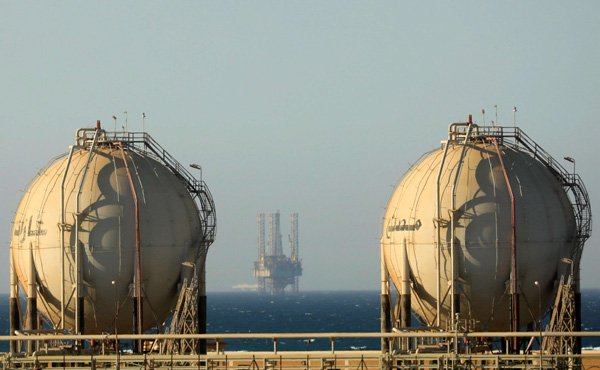Belgium, (Brussels Morning Newspaper) Baltic EU member states are planning to end their dependency on Russian energy by building infrastructure and diversifying supply.
The Gas Interconnection Poland–Lithuania (GIPL) pipeline is part of this plan as it connects the Baltic states with EU’s gas infrastructure, according to DW reporting on Monday.
The 500-kilometer pipeline started commercial operation this month, connecting Latvia, Lithuania and Estonia to the EU grid via Poland.
Romas Švedas, former Deputy Energy Minister of Lithuania, pointed out that the Baltic states were an “energy island” in the EU before the pipeline was completed.
He concluded that “the significance [of the pipeline] is connecting the three Baltic states into the energy system and pipeline network for continental Europe.”
Second part of the plan
Baltic states announced in April that they weaned themselves off Russian gas, noting that they switched to import of liquefied natural gas (LNG) from the US and Norway.
The LNG arrives in Lithuania at the Klaipėda LNG terminal, which has the capacity to cover the demand of Baltic states.
Martynas Nagevičius, head of the Lithuanian Confederation of Renewable Resources umbrella association of environmental NGOs, noted that “the pipeline connects the Baltics with the rest of Europe… this means it also connects Europe’s problems with the Baltics.”
He pointed out that prices in Western Europe are soaring and predicted that this will spill over to the Baltic states.
“Maybe we Lithuanians have always been a bit suspicious of Russia and Belarus,” he added and pointed out “that’s probably one reason why Lithuania has invested in energy security projects.”
According to Nagevičius, electricity is the next energy problem that Baltic countries need to address. He reminded that Lithuania decommissioned its nuclear power plant Ignalina in 2009, which made the country dependent on import of electricity.
Nagevičius noted that Baltic EU member states are connected to Russia’s power grid and not Western Europe’s, stressing that “the system is not secure because we depend on system services that they perform for us.”
The government is now focused on investing in renewables to reduce its dependence on imports as the country currently covers about two thirds of its needs with imported electricity.According to Lithuania’s plan, solar and wind are to make up 93% of the country’s energy mix by 2035, in contrast with the current 25% or so.




